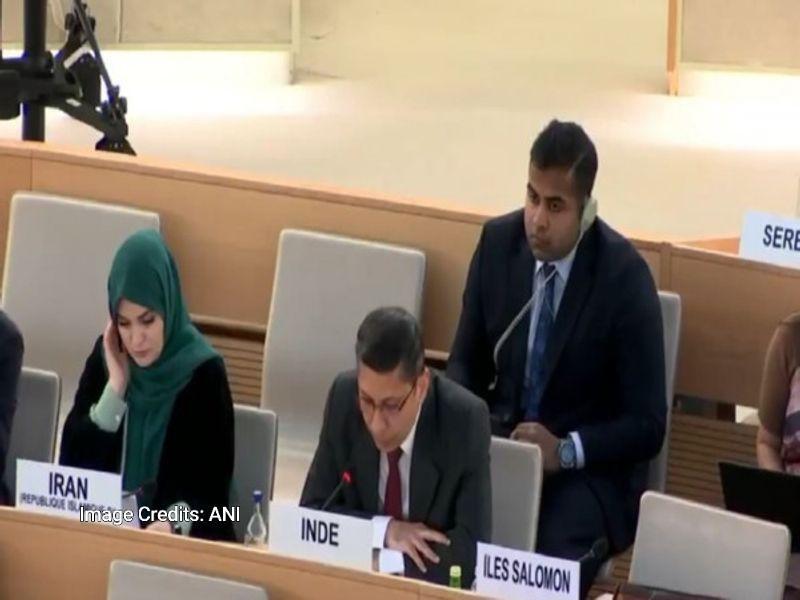
Unfounded, Baseless: India on UNHRC Chief Remarks on J&K, Manipur
The United Nations Human Rights Council (UNHRC) has been a platform for various countries to express their concerns and opinions on human rights issues worldwide. Recently, the UNHRC chief, Volker Türk, made some remarks on Jammu and Kashmir (J&K) and Manipur, which have been widely reported in the media. India, however, has taken strong exception to these remarks, terming them as “unfounded and baseless”.
According to reports, during a meeting with the UNHRC, Türk expressed concerns over the restrictive laws in J&K and also called for addressing the violence in Manipur. India’s permanent representative to the UN, Arindam Bagchi, strongly rejected these remarks, saying that they were “cherry-picking” and did not reflect the reality on the ground.
In a statement, Bagchi said, “The world’s largest democracy continues to be a healthy, vibrant, and pluralistic society.” He emphasized that India is committed to upholding the fundamental rights of its citizens, including the right to life, liberty, and freedom of expression. He also pointed out that India has made significant progress in terms of human rights, including the empowerment of women, the marginalized, and the vulnerable sections of society.
The remarks made by Türk have been widely criticized by many in India, who see them as an interference in the country’s internal affairs. Many have pointed out that the UNHRC chief’s comments are based on incomplete and inaccurate information, and do not take into account the complexities of the issues involved.
The situation in J&K has been a subject of controversy for many years, with many countries expressing concerns over the restrictions imposed by the Indian government. However, India has consistently maintained that these restrictions are necessary to maintain peace and stability in the region, which has been plagued by terrorism and violence.
Similarly, the situation in Manipur has been marked by violence and unrest, with many groups demanding greater autonomy and better representation. However, India has maintained that the situation is complex and that any solution will require a comprehensive approach that takes into account the interests of all parties involved.
The UNHRC chief’s remarks have been seen as an attempt to pressure India to change its policies and laws, which are seen as restrictive and oppressive by many. However, India has maintained that its policies are designed to protect the rights and interests of all its citizens, and that they are in line with international human rights standards.
In conclusion, the remarks made by the UNHRC chief on J&K and Manipur have been strongly rejected by India, which has termed them as “unfounded and baseless”. India has maintained that its policies and laws are designed to protect the rights and interests of all its citizens, and that they are in line with international human rights standards. The controversy highlights the complexities of human rights issues and the need for a nuanced and informed approach to addressing them.
News Source:



